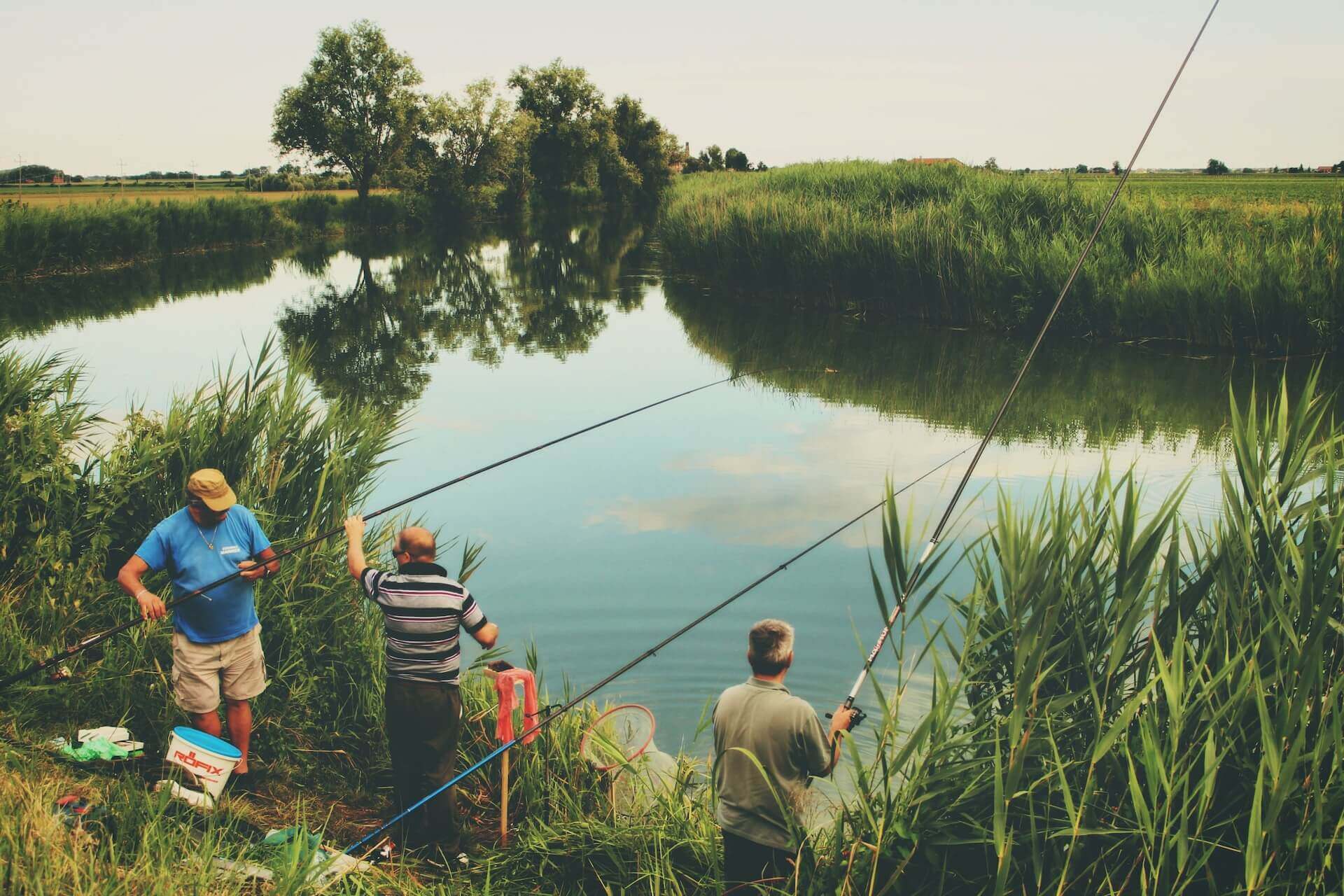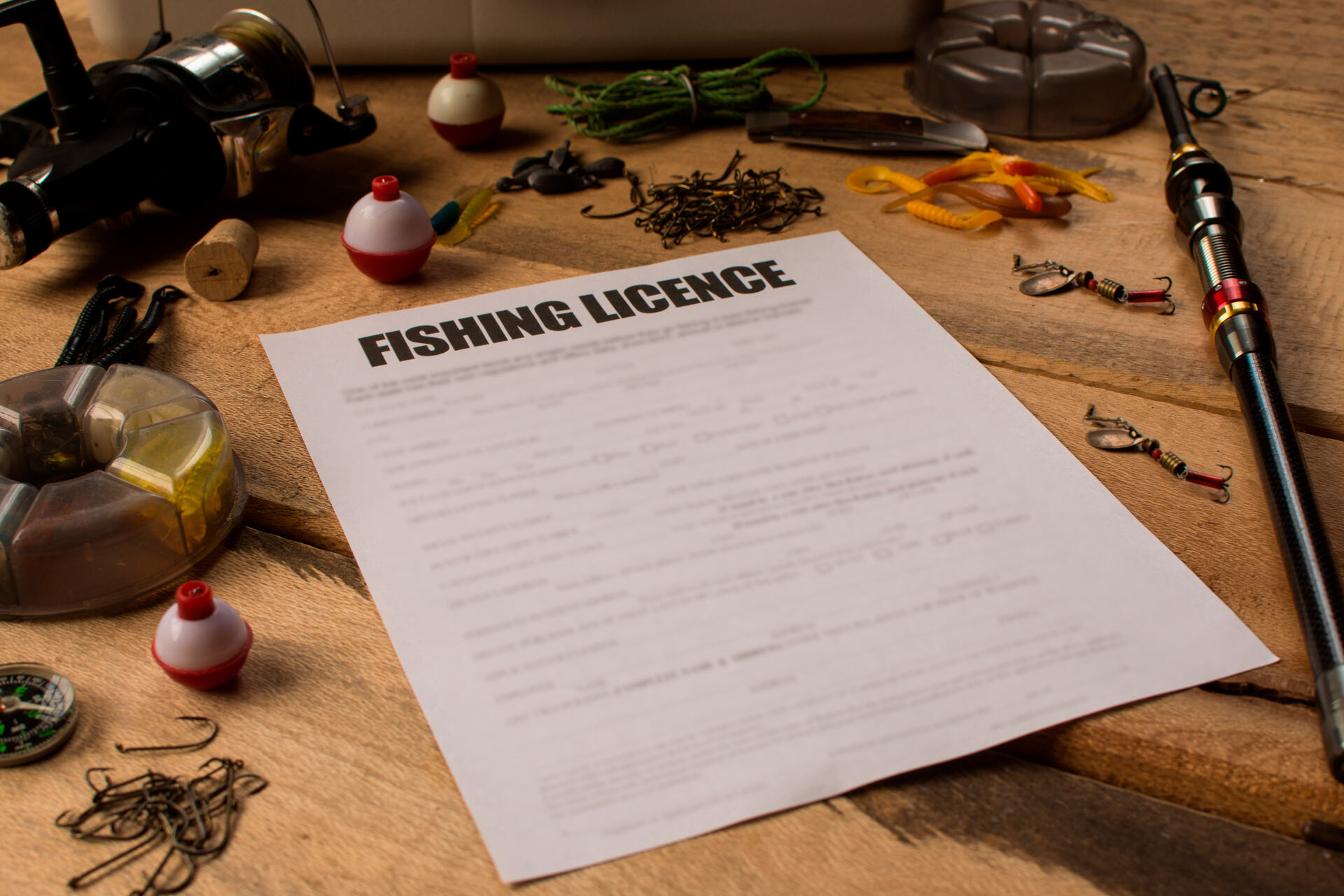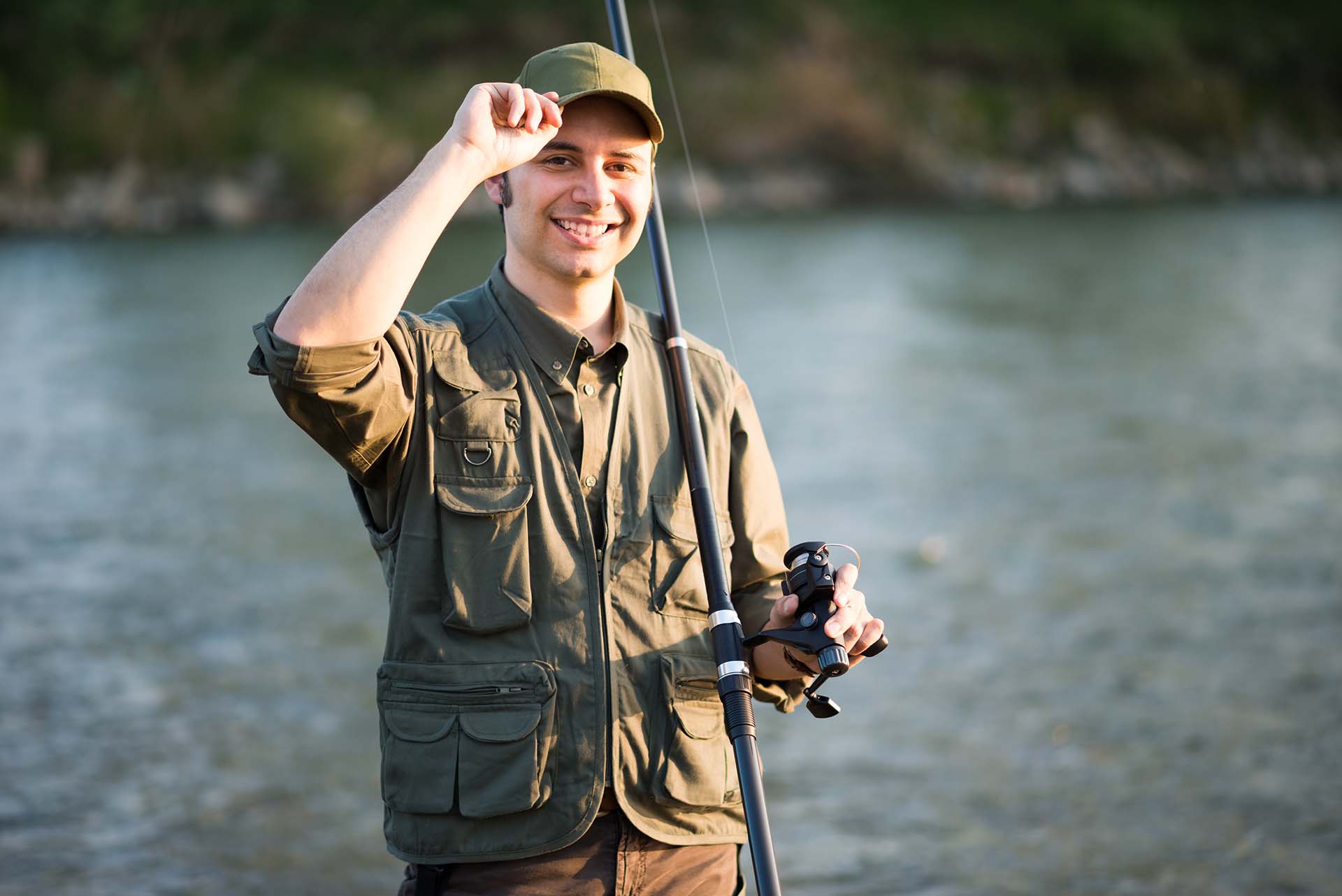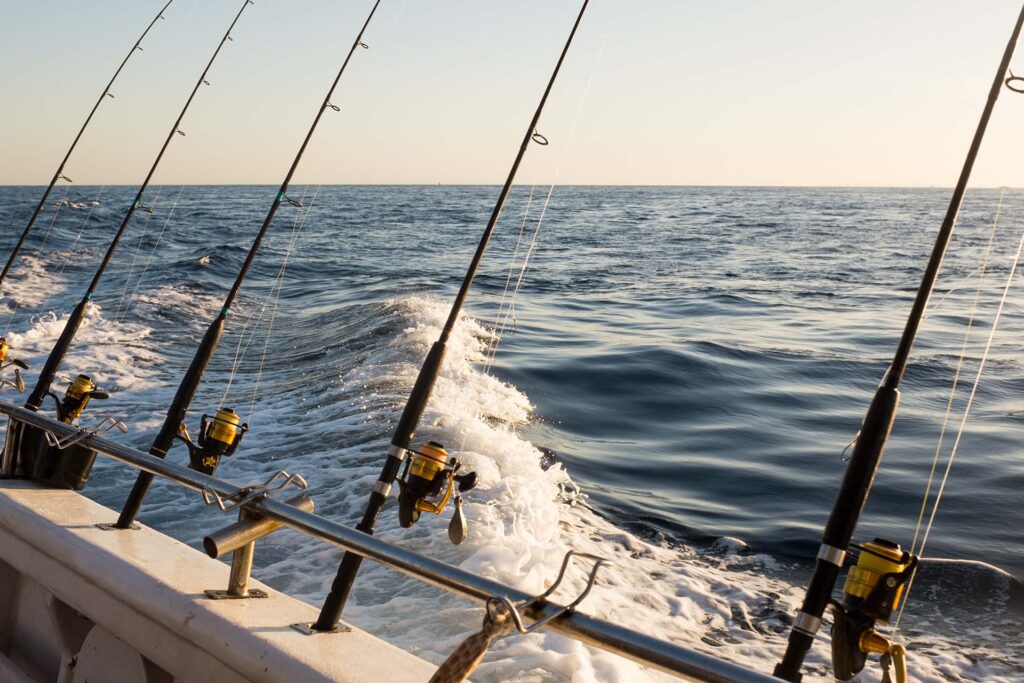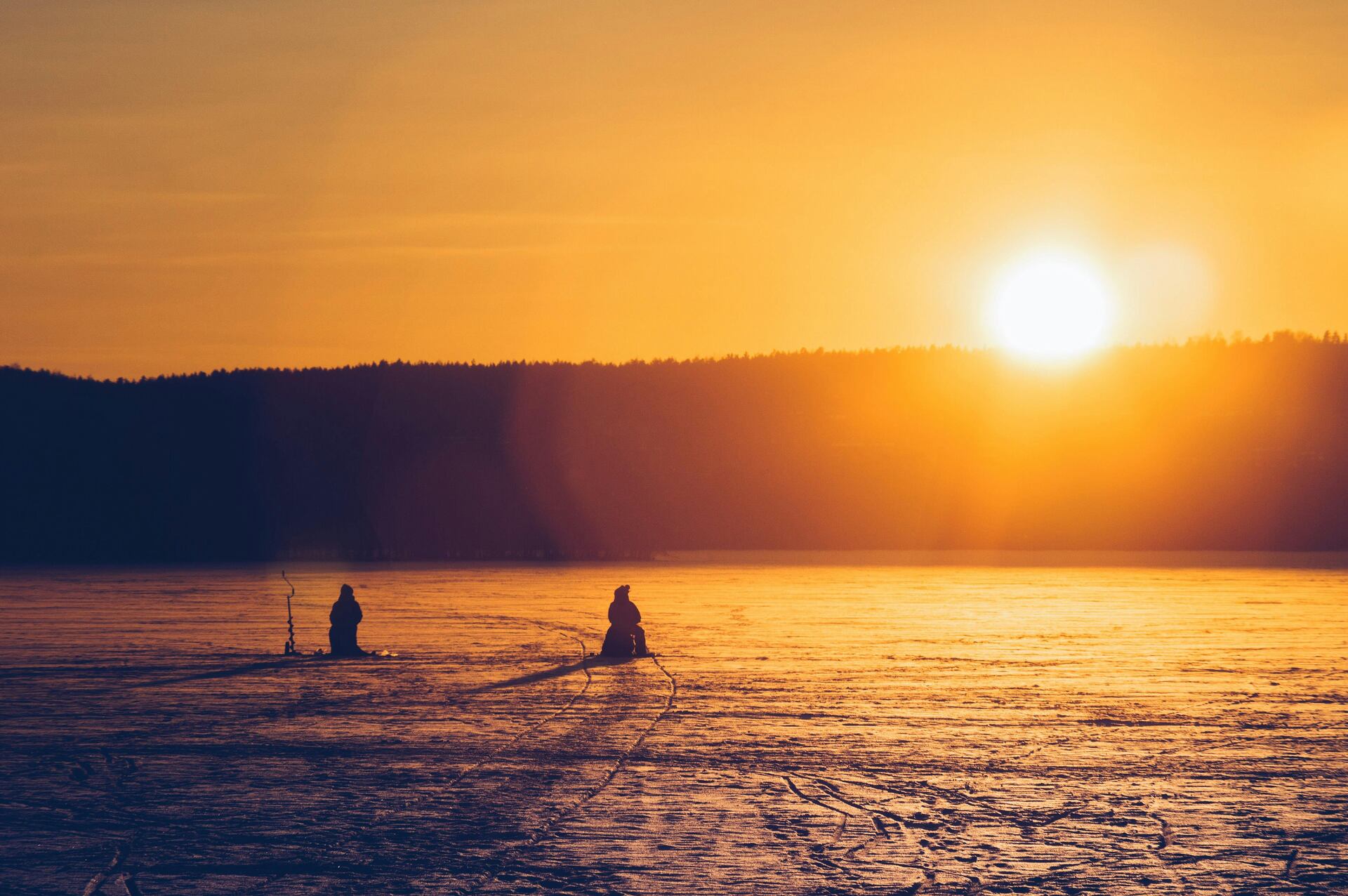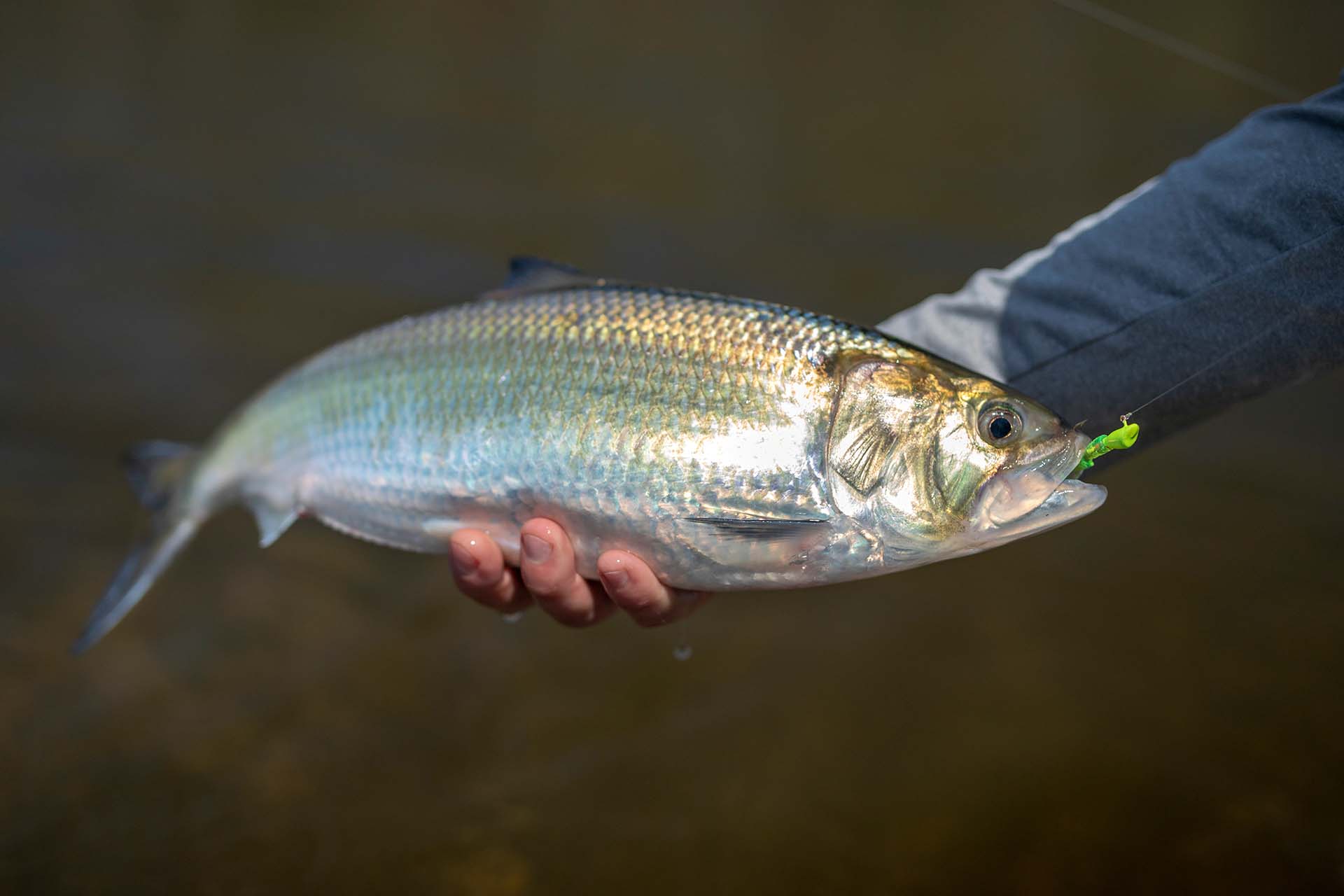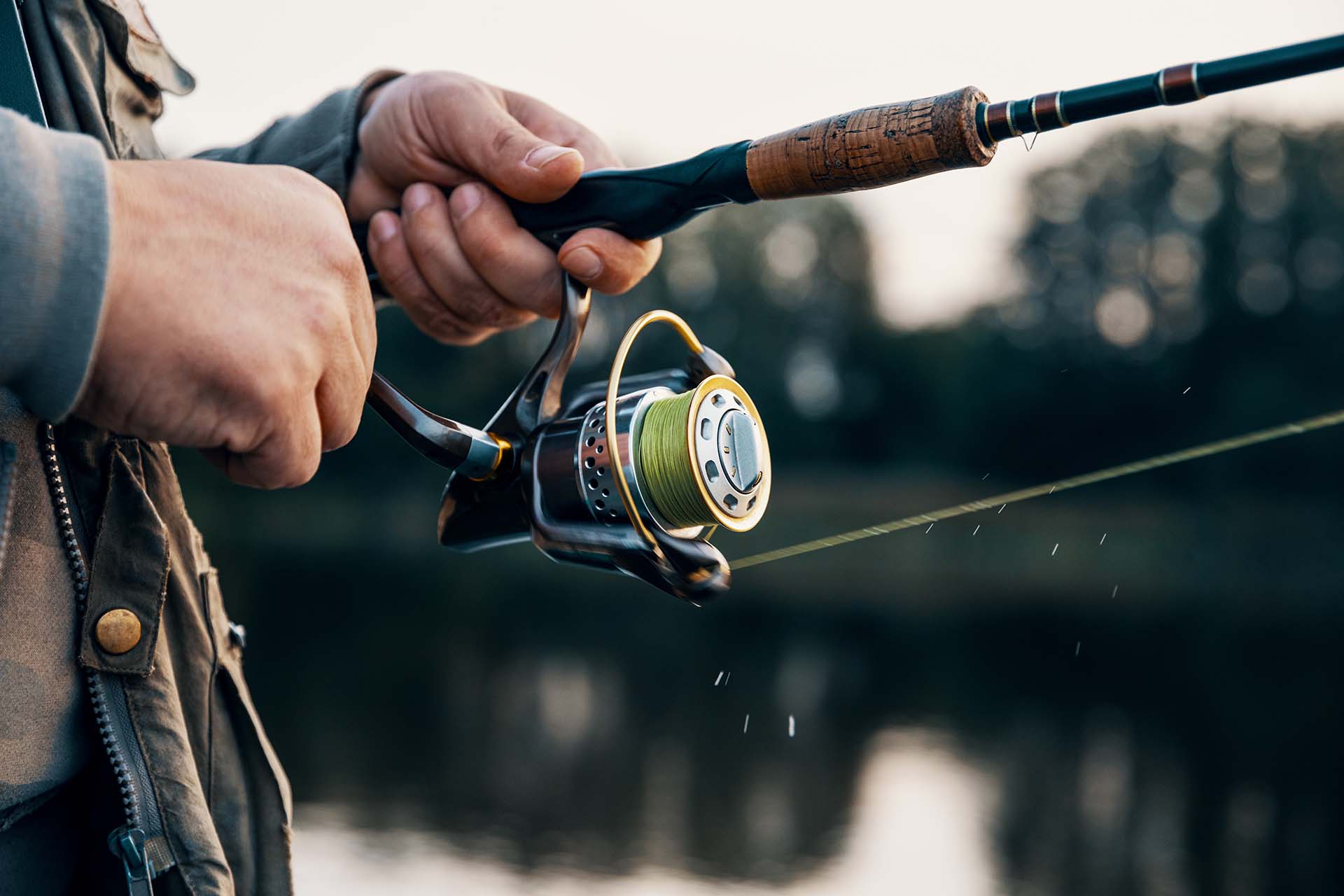Let’s be honest – nothing quite hits the spot like a succulent fish filet. However, the reality of overfishing can leave a bad taste in our mouths. Sure, we love our seafood, but have you ever wondered at what cost? Why is overfishing a problem, and what are its negative consequences? Let’s dive in and explore why we need to be mindful of our fish consumption.
Why Is Overfishing a Problem and Which Factors Are Contributing to It?
Landing a big catch is very exciting, even if it’s one of the most commonly caught fish. And when you’re out there, just enjoying the peace and quiet of the great outdoors, it might be difficult to understand why this practice can have dire consequences if not done the right way.
So, what is overfishing, and why is it a problem? This practice entails fish getting caught at an unsustainable rate, causing a decline in populations and the overall health of our oceans and other bodies of water. Overfishing has a ripple effect on our environment, affecting not only fish populations but also the health of the oceanic ecosystem and coastal communities that rely on fish for both food and economic stability.
Here Are the Major Factors Contributing to This Problem
Unfortunately, the issue of overfishing is a complex ordeal that continues to plague our oceans. To know how to deal with it properly, it’s important to affirm the leading causes of this problem. So, here are the most important factors contributing to this environmental issue:
- Excessive demand for seafood – As the global population continues to grow, so does the demand for seafood. Consumers’ appetite for fish and other types of seafood has increased in recent years, putting additional pressure on fish populations worldwide.
- Commercial fishing practices – Commercial fishing activities such as trawling, longlining, and bottom trawling can be devastating to marine ecosystems. These practices can catch large numbers of non-targeted species and damage the ocean floor, leaving ecosystems struggling to recover.
- Illegal and unregulated fishing – Illegal fishing practices, such as fishing without permission, using unapproved gear, and catching vulnerable species, contribute significantly to this problem. These practices are often unreported and unregulated, allowing overfishing to occur unnoticed.
- Advancements in fishing technology – Technological advancements, such as larger boats, sonar, and GPS, have made it easier for fishermen to catch large amounts of fish. This increased efficiency has led to an increase in the demand for seafood as well, further contributing to the issue.
- Poor fisheries management – Poor management practices, such as a lack of accurate data and poor regulations, can also contribute to this issue. Without proper regulation and management, fishing quotas and policies are ineffective at protecting the fish populations from being exploited.
- Climate change – The effects of climate change, such as warming waters and ocean acidification, can have a significant impact on fish populations. This may cause some species to migrate or die off, affecting the sustainability of the remaining fish populations.
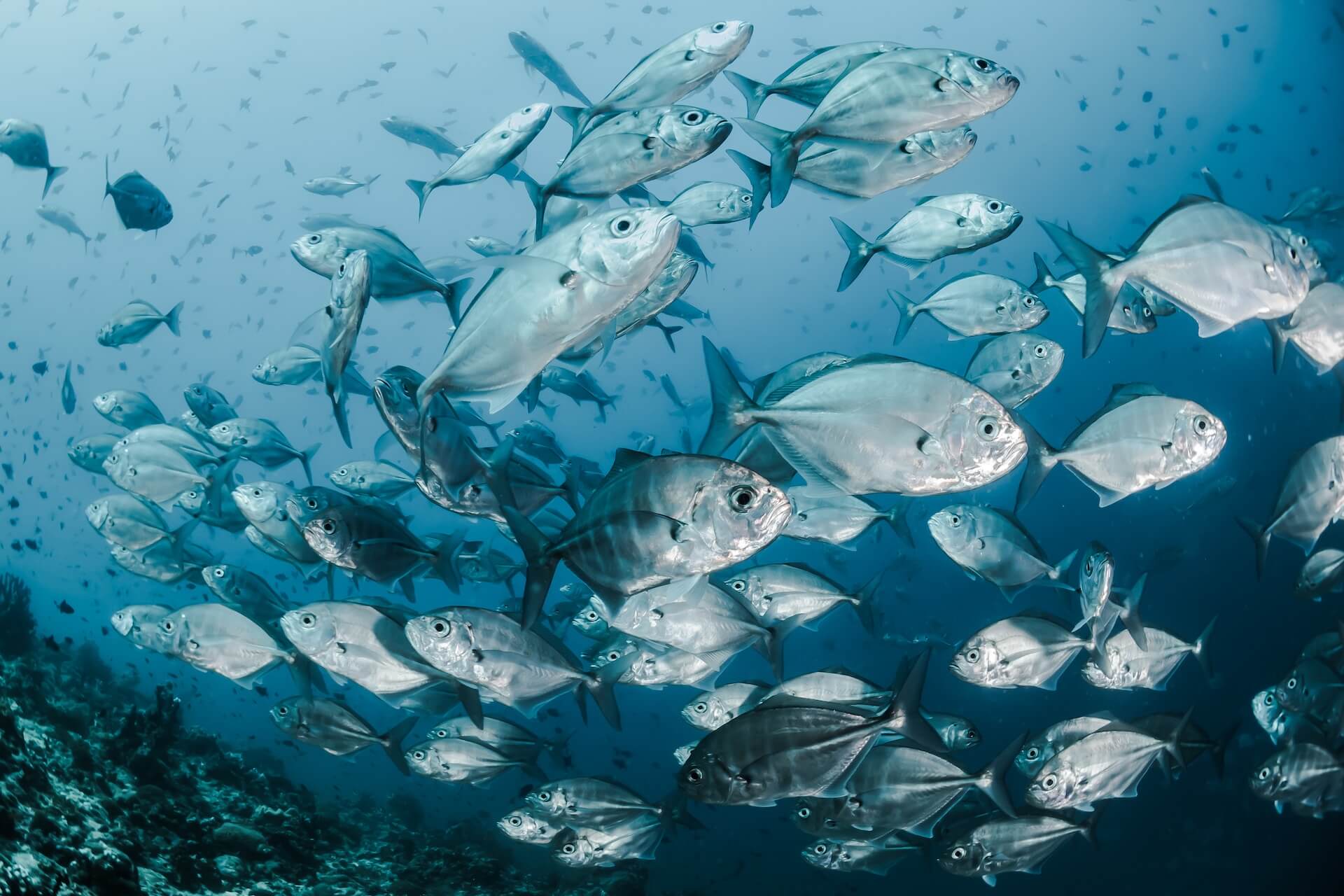
What Are the Environmental Consequences of Overfishing?
No matter if you’re a beginner angler or a seasoned fisherman who mastered most of the fishing techniques, it’s easy to enjoy your modest practice while overlooking the potential consequences of unsustainable fishing practices. However, with the increasing awareness of global environmental issues, including unsustainable fishing practices, it’s becoming harder to ignore the problem.
Here are a few major environmental aspects affected by unsustainable practices:
Depletion of Fish Populations and the Risk of Extinction for Some Species
Depletion of fish populations is a significant consequence of excessive fishing practices and poses a risk of extinction for certain species, such as tuna, salmon, and cod. When fish are caught at a rate where they cannot replenish themselves, the population declines, and it can be challenging for fish stocks to recover. So, it’s essential to promote sustainable practices and help protect these species and maintain healthy marine ecosystems.
Disruption of Marine Food Chains and Ecosystem Balance
Besides the depletion of fish populations, overfishing also has an impact on the wider marine ecosystem. These factors are tightly linked, as declining populations affect the entire food chain, causing a ripple effect throughout the entire ecosystem.
For example, when a predator species’ population declines, its prey may increase in number, causing an increase in competition for resources. This, in turn, can lead to a decline in other species throughout the entire food chain.
Destruction of Marine Habitats Due to Destructive Fishing Practices
Certain fishing styles can be quite detrimental to marine habitats. For example, bottom trawling involves dragging large nets across the ocean floor to catch fish, and this activity can cause significant damage to the seafloor, destroying habitats such as coral reefs and seagrass beds. These habitats are home to many species, and the loss of these ecosystems can obviously have a devastating effect on marine animal populations.
Increased Vulnerability of Coral Reefs and Other Marine Ecosystems to Climate Change
Last but not least, excessive fishing practices contribute to the increased vulnerability of marine ecosystems due to climate change. This phenomenon leads to rising temperatures, increasing ocean acidification, and altering ocean currents, which stresses and ultimately kills many marine habitats, such as coral reefs.
Overfishing, in particular, has a direct impact on corals as the removal of herbivorous fish populations can lead to an overgrowth of algae, suffocating the corals and contributing to the degradation of coral reefs.
The damage to coral reefs affects not only the marine animals that rely on them but also humans, as they provide food and support for many coastal communities, in addition to being essential for tourism. So, protecting such habitats is vital for the long-term health of both our oceans and economies.
What Are the Socio-Economic Impacts of Overfishing?
Excessive fishing practices hold not only ecological impacts but also socio-economic consequences as well. So, if the environmental factors alone weren’t enough for you to seriously think about the saltwater fish species you most commonly target and how you go about getting them caught on your fish hooks, let’s dive into the negative ripple effects concerning communities and regions, as that might make you reconsider your stance.
Threats to Food Security and Livelihoods of Coastal Communities
Overfishing poses a serious threat to the food security and livelihoods of coastal communities that rely on fishing as their primary source of food and income, as depletion might force these communities to travel further out to sea, resulting in increased costs and lower profits.
Actually, this has a ripple effect on the entire chain, including suppliers, processors, retailers, and consumers, affecting the economy at the local and national levels. So, next time you have a fish you didn’t have to reel in and fight for on your plate, ask yourself how difficult it was to get it to the store for you to be able to get it in the most convenient way possible, and how many communities are being affected by this excessive demand for seafood.
The Decline in the Fishing Industry – Job Losses and Economic Challenges
As mentioned, excessive fishing practices have a negative impact on the industry as a whole, and this has led to job losses and economic challenges. Moreover, this has a knock-on effect on the wider economy, as fishing industries are often a significant source of income for many communities, particularly in developing countries.
Reduced Opportunities for Tourism and Recreational Activities in Affected Areas
Many tourists are drawn to coastal locations with abundant marine life, such as coral reefs and vibrant fish populations, to enjoy a wide array of recreational activities:
- Snorkeling,
- Scuba diving,
- Sailing,
- Whale and dolphin watching,
- Underwater photography excursions.
However, excessive fishing can lead to a decline in species you may encounter in such activities, and this can negatively impact ecotourism and recreational fishing activities and, in turn, reduce tourism revenues, leaving many communities that rely on it vulnerable and susceptible to poverty.
Increased Pressure on Alternative Food Sources and Global Food Supply
With declining fish populations, people are now looking for alternative food sources, such as farmed fish, to meet the demand for seafood. This puts additional pressure on the farming industry, which faces its own challenges, including disease outbreaks, water pollution, and habitat destruction. So, at the end of the day, this problem can impact your personal health as well.
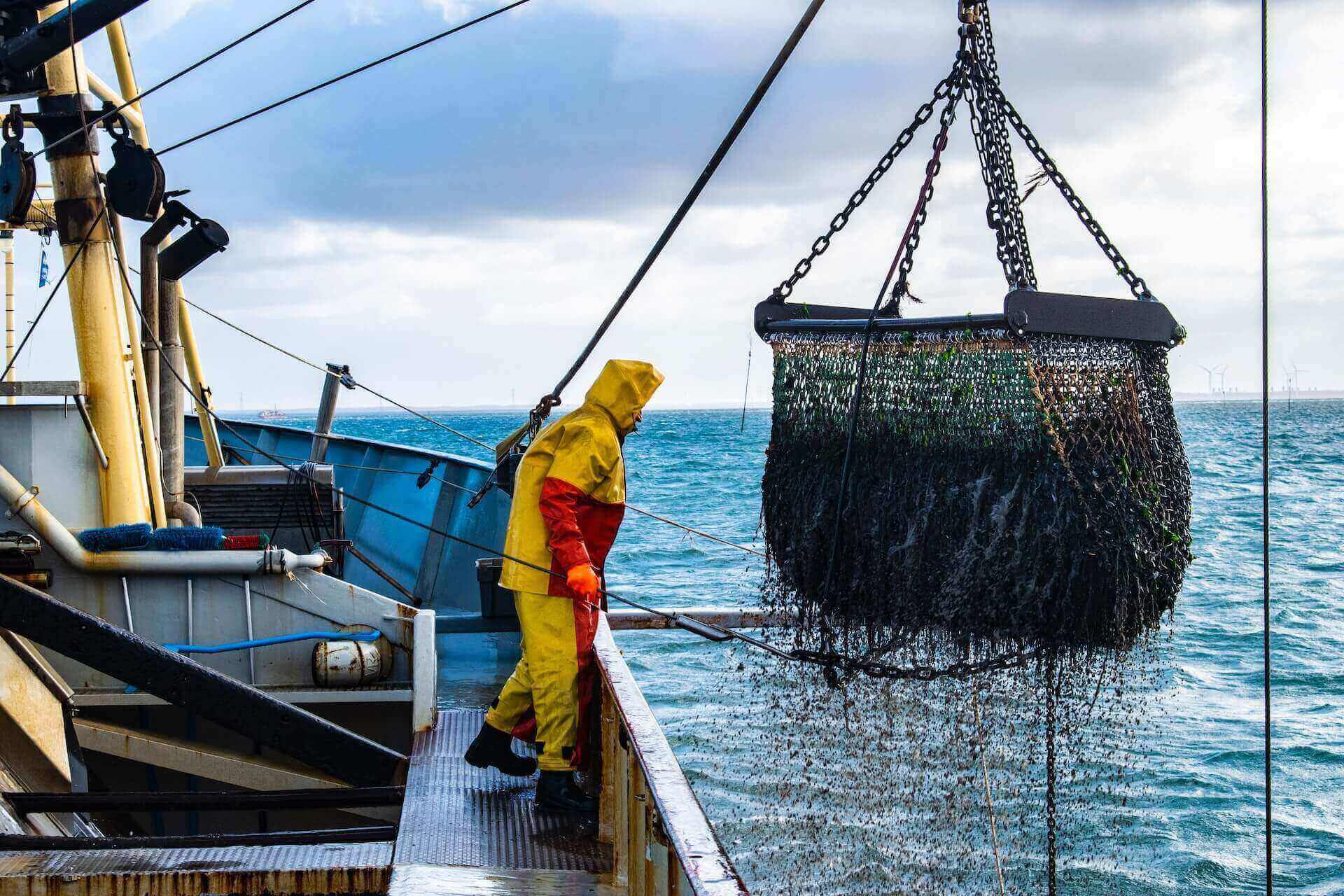
What Is the Impact of Overfishing on Human Health?
Every angler knows just how satisfying it is to catch your dinner for that day – no matter if your DIY fish hook or homemade fish bait is to thank, the feeling of accomplishment is like no other. However, there’s joy in removing a fish hook from a fish that got caught at the end of your fishing rod and releasing it back as well.
The truth is, both of these practices are completely fine when done on an individual level. But everything is quantified nowadays – from the employed practices to the demand, and the increasingly negative effects are becoming hard to ignore. Moreover, you can add a negative impact on overall human health to the list as well, and that’s certainly something important to consider.
Decreased Availability of Fish as a Healthy and Nutritious Food Source
Fish is an excellent source of protein, omega-3 fatty acids, and other essential nutrients, making it an essential component of many diets worldwide. A decrease in the availability can push people towards less healthy, more processed sources of protein, and the fishing industries may turn to less regulated areas to meet the demand, increasing the risk of contamination by pollutants such as mercury and microplastics.
Consuming contaminated fish can lead to health problems such as neurological disorders, developmental delays, and cancer. Moreover, the loss of a vital source of protein due to overfishing can lead to malnutrition and food insecurity in many communities that rely on fish as their primary source of protein.
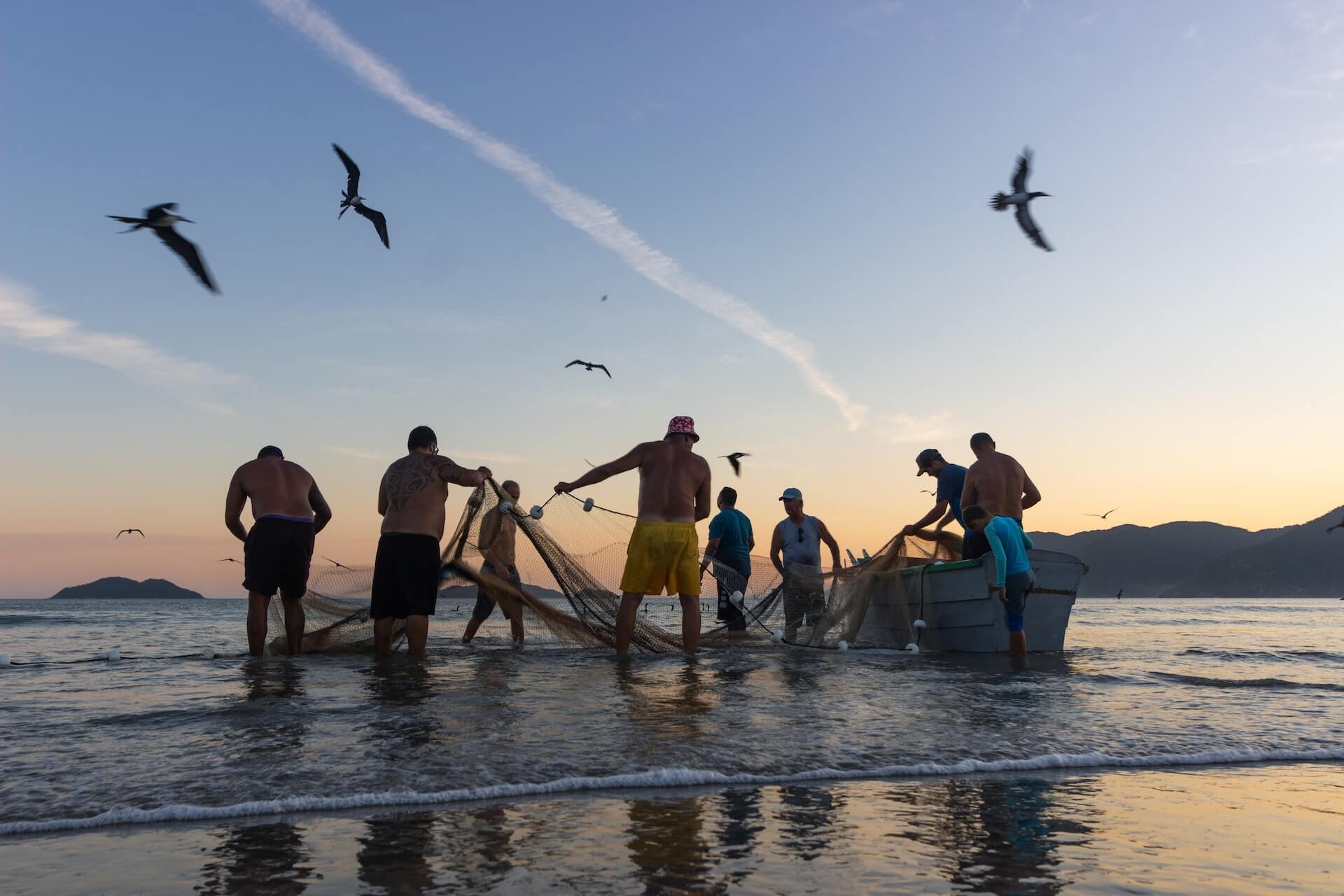
What Are the Global Efforts to Combat Overfishing?
I hope that by now, it’s clear that excessive fishing practices are a global problem that requires a global solution, as the consequences extend beyond the depletion of fish populations and affect a wide range of everyday factors.
In response, there have been global efforts to combat overfishing and promote sustainable fishing practices, including collaboration between individuals, governments, corporations, and nonprofit organizations. Many fishing regulations are employed by various governments worldwide in order to combat illegal, unreported, and unregulated (IUU) fishing that occurs in both commercial and small-scale operations. Here are some of the most common ones:
| Fishing Regulation | How it’s executed |
|---|---|
| Bag Limits | Fishermen are restricted to catching a specific number of fish per day or trip |
| Size Limits | Fish below a certain length or weight cannot be kept |
| Closed Seasons | Fishing is prohibited during specific times of the year to allow fish to spawn or migrate |
| Catch and Release Only | Fishermen are not allowed to keep any of the fish they catch but must release them back into the water |
| Marine Reserves | Certain areas are designated as no-fishing zones to protect marine ecosystems |
| Quotas | A maximum limit is set on the total amount of fish that can be caught |
What Can You Do to Help?
Sure, it might seem like you can’t do much by yourself in combating this problem, but that’s not true – there are many things fishermen can do to help. First things first, it’s by following responsible practices and quotas, as well as choosing sustainable seafood and reducing its waste.
Fishermen should also use selective gear such as fishing rods and specialized fish bait that allow for the capture of specific species and avoid the unintended capture of non-target species. On top of that, you can always participate in collaborative efforts by supporting organizations and initiatives that are dedicated to combating this issue and promoting marine conservation.
When You Learn Why Overfishing Is a Problem You Can Do Something About It
Overfishing may seem like an abstract problem far away from our daily lives, but its effects are closer and have more serious implications than we realize. It affects us economically as much as it does ecologically, and it’s a serious threat to our health. There is hope, though, and it entails fishermen being more mindful of their favorite pastime. So, make sure to do your part and follow sustainable practices – let’s save this beautiful activity for generations to come.

